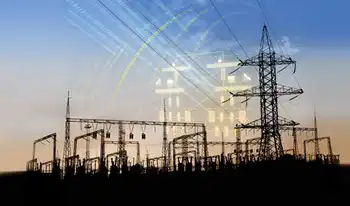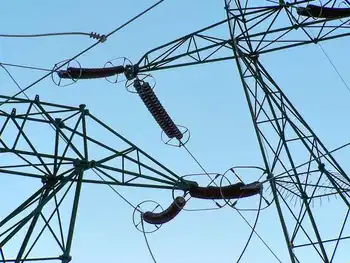Polar Technology salutes Duquesne Light
The award is a program implemented by Nashville, Tennessee-based Polar Technology as part of a nationwide environmental initiative to encourage businesses to engage in environmental stewardship.
The Polar ZERO Awards recognize businesses that have made significant accomplishments in reducing carbon emissions and minimizing the companyÂ’s carbon footprint.
“We encourage companies to “seek ZERO” as it relates to the carbon footprint for their businesses,” said Ted Atwood, President/Founder of Polar Technology. “Polar ZERO is a program that creates awareness of the environmental impact of the industry while practicing a sound business model.”
In 2007, Duquesne Light sent in 7,995 pounds of SF6 gas to Polar Technology to be recycled. By recycling this gas, they prevented 91,942.5 tons of CO2 from entering the atmosphere. This is equivalent to:
• The CO2 absorbed by 2,138,674 trees over ten years, or
• The CO2 emitted by 18,020.7 cars during one year, or
• The generation of 10,665.3 house-years of electricity, or
• The use of 9,499,867 gallons of gasoline.
“We are very excited to honor Duquesne Light with this award,” continued Ted Atwood. “They are environmental stewards in this industry and should be saluted by us all.”
Related News

Cost, safety drive line-burying decisions at Tucson Electric Power
TUCSON - Though wildfires in California caused by power lines have prompted calls for more underground lines, Tucson Electric Power Co. plans to keep to its policy of burying lines selectively for safety.
Like many other utilities, TEP typically doesn’t install its long-range, high-voltage transmission lines and distribution equipment underground because of higher costs that would be passed on to ratepayers, TEP spokesman Joe Barrios said.
But the company will sometimes bury lower-voltage lines and equipment where it is cost-effective or needed for safety, or if customers or developers are willing to pay the higher installation costs
Underground installations generally include additional engineering…





